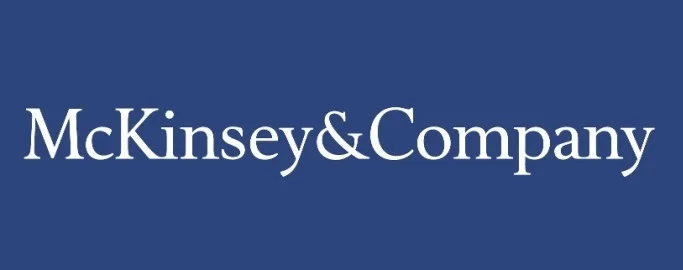Article Directory
Generated Title: McKinsey's AI Pivot: Bold Strategy or Desperate Gamble?
McKinsey & Company, the consulting behemoth, is undergoing what they're calling a "rethinking" of their core business. The catalyst? Artificial intelligence. But is this a strategic evolution, or a frantic scramble to stay relevant? The answer, as always, lies in the numbers.
Traditionally, McKinsey's revenue model hinged on billable hours – a straightforward equation of time spent multiplied by hourly rates. But the rise of AI is disrupting this model, forcing a shift towards "outcomes-based pricing." Instead of charging for time, McKinsey is now tying its fees to the actual results achieved for clients. About a quarter of McKinsey's global fees come from this pricing model, according to Michael Birshan, managing partner of the UK, Ireland, and Israel at McKinsey.
This shift isn’t entirely new. McKinsey has been moving towards multi-year, transformation-based projects for some time. Kate Smaje, global leader of technology and AI at McKinsey, stated that the proportion of 20% "is probably more recent, the last few years," and they expect it to increase. But the acceleration is undeniable, driven by clients who, according to Smaje, appreciate the company saying, "'Hey, look, your scorecard with your board is our scorecard, and we're both successful when this transformation works, so let's share in the upside.'"
The Downside Protection Racket
CFOs, facing economic uncertainty and rapid technological change, are increasingly focused on "protecting the downside," according to Kevin Carmody, senior partner at McKinsey & Company. This translates to a more cautious approach to budgeting, with heightened scrutiny of "must-spend" versus "nice-to-have" investments. According to a McKinsey executive, CFOs are reaching for downside budget protections, McKinsey exec says.
Here's where things get interesting. If McKinsey is tying its fees to outcomes, and CFOs are prioritizing downside protection, a potential conflict arises. Are clients willing to pay premium fees for AI-driven transformations when their primary focus is preserving capital? The answer likely depends on the perceived risk and reward. A high-risk, high-reward project might be attractive in a bull market, but less so when recession clouds are gathering.

And this is the part of the report that I find genuinely puzzling. McKinsey's shift towards outcomes-based pricing seems predicated on clients embracing ambitious growth targets. But if CFOs are primarily concerned with mitigating risk, will they be as receptive to these types of engagements? It seems like a disconnect.
The Talent Equation
AI isn't just changing how McKinsey charges; it's also impacting their talent strategy. Clients are increasingly seeking "deep implementation expertise" rather than just strategic advice. This means McKinsey needs consultants who can not only develop AI strategies but also implement them effectively.
This shift presents a challenge. Traditionally, McKinsey has recruited top graduates from elite business schools, individuals with strong analytical skills but not necessarily deep technical expertise. Now, they need to attract and retain data scientists, AI engineers, and other technical specialists. Are they prepared to compete with tech giants for this talent? And will these technical specialists thrive in McKinsey's traditional consulting culture?
EY is facing a similar dilemma, with Raj Sharma, EY's global managing partner for growth and innovation, suggesting that AI agents may lead to a "service-as-a-software" model where clients pay based on outcome. This highlights a broader trend across the consulting industry: the need to adapt to a rapidly changing technological landscape. AI is reshaping how McKinsey makes money, and other consulting firms are taking note.
The question remains: Can McKinsey successfully navigate this transformation? Their financial success hinges on it.
High-Risk, High-Reward?
McKinsey's AI pivot is undoubtedly a bold move. But is it a desperate gamble? The answer depends on their ability to align their pricing model with clients' risk tolerance, attract and retain the necessary talent, and demonstrate tangible, measurable results. If they can pull it off, they'll solidify their position as a leader in the consulting industry. If not, they risk becoming a victim of the very disruption they're trying to help their clients navigate.
